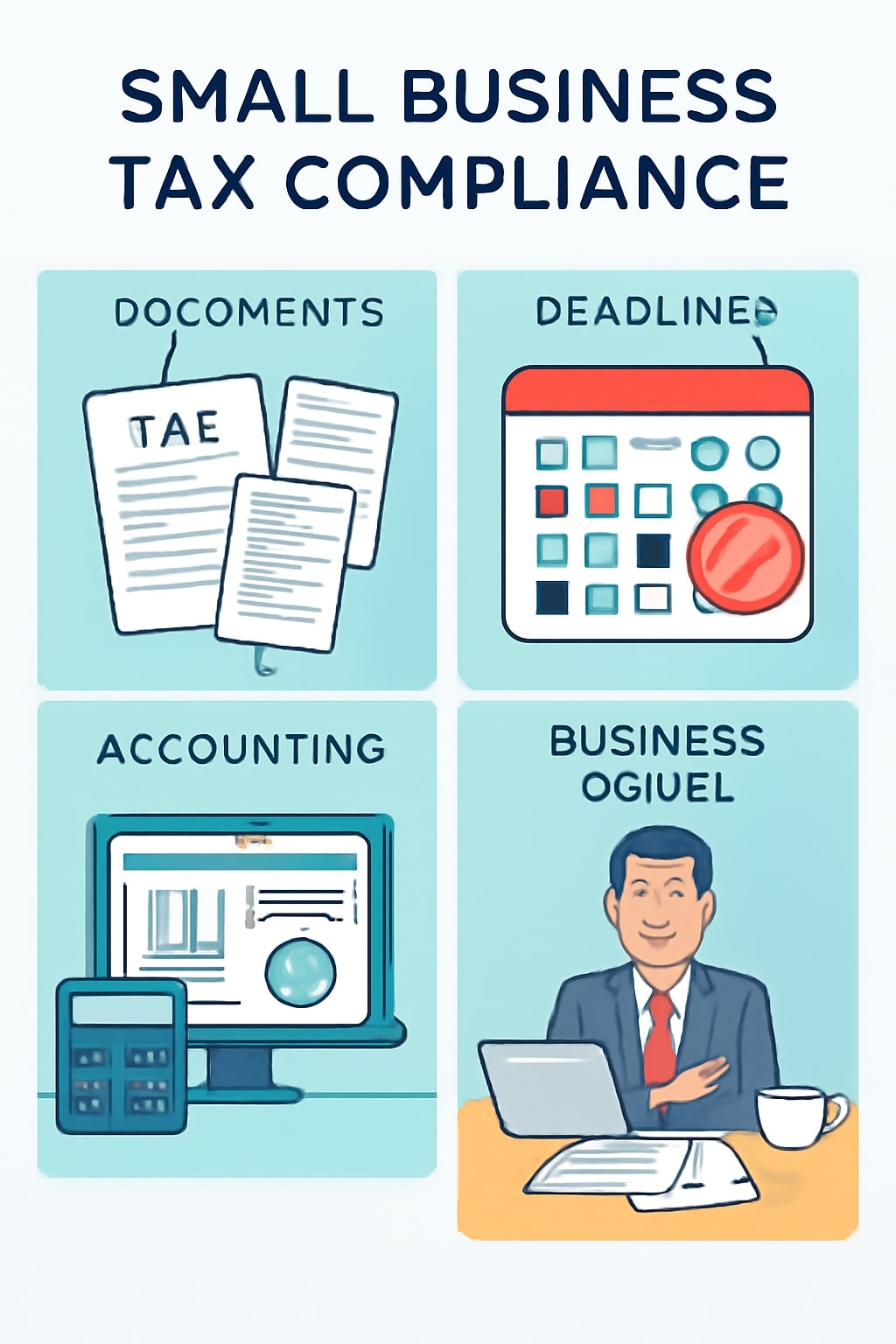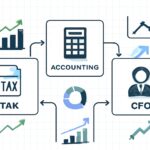Navigating the Maze: A Small Business Owner’s Guide to Stress-Free, Year-Round Tax Compliance
For many small business owners, the world of tax compliance feels less like a process and more like an intricate maze. It’s a landscape of shifting regulations, looming deadlines, and the persistent fear of making a costly mistake. The common approach—a frantic, last-minute scramble to gather documents—only adds to the stress, turning tax season into a period of anxiety rather than a simple business function.
But what if you could trade that stress for confidence? What if, instead of reacting to deadlines, you had a clear, year-round system that made compliance second nature?
True financial control isn’t about mastering a once-a-year sprint; it’s about adopting a sustainable, year-round discipline. This guide is your roadmap to transforming tax compliance from your biggest headache into a streamlined, stress-free part of your business operations.
The Modern Reality: Why the Annual Scramble is Obsolete
In today’s digital-first environment, tax authorities have unprecedented visibility into your financial activities. With integrated systems like the Goods and Services Tax Network (GSTN) and the Annual Information Statement (AIS) in India, data is constantly being collected and cross-referenced. Declaring income that doesn’t match the data reported by third parties can raise immediate red flags. The “we’ll figure it out at year-end” approach is no longer just stressful—it’s risky.
Your Compass Through the Maze: 6 Steps to Year-Round Compliance
Navigating this complex environment requires a proactive, systematic approach. Here are six essential steps to keep your business compliant and stress-free all year long.
1. Maintain Impeccable, Separated Records
This is the bedrock of stress-free compliance. Disorganized records are the primary cause of overpaid taxes, missed deductions, and audit-triggering errors.
-
Separate Business and Personal Finances: This is non-negotiable. Mixing funds makes it incredibly difficult to track expenses accurately and can lead to serious complications during an audit. Open a dedicated business bank account and use it for all business-related transactions.
-
Keep Everything: Meticulously save all invoices, receipts, bank statements, and contracts that support your income and expenses. Digital copies are excellent, but ensure they are backed up securely. These records are your proof for every deduction claimed.
2. Embrace Digital Tools and Automation
Manual bookkeeping is a relic of the past. Modern accounting and tax compliance software are game-changers for small businesses.
-
Use Accounting Software: Tools can automate invoicing, track expenses by category, and connect directly to your bank accounts, dramatically reducing manual entry and human error.
-
Verify Pre-filled Returns: While features like pre-filled ITR forms save time, they are only as accurate as the data reported by third parties. Never blindly accept these forms. Always cross-check every entry against your own meticulously kept records to avoid mismatches.
3. Know Your Specific Tax Obligations
Compliance goes beyond just income tax. Depending on your business, you may have several other obligations.
-
GST Registration and Filing: In India, businesses with an annual turnover exceeding certain thresholds must register for GST. For B2B transactions, e-invoicing is now mandatory for businesses with a turnover of ₹5 crore or more as of April 1, 2025.
-
TDS (Tax Deducted at Source): If you make specific payments (like salaries, professional fees, or rent), you are required to deduct tax at the source and remit it to the government.
4. Master Your Deadlines—All of Them
Mark your calendar with every important date. Missing a deadline for filing or payment can result in significant penalties. These aren’t just annual; they can be monthly or quarterly (e.g., GST returns, advance tax payments). Using tax software with automated reminders can be invaluable here.
5. Don’t Overlook Payroll Compliance
If you have employees, payroll is a critical area of compliance. You must accurately track hours, calculate wages, withhold the correct amount of taxes, and remit them on time. This includes managing contributions to provident funds and other employee benefits.
6. Schedule Quarterly Financial Health Checks
Don’t wait until the financial year is over. Set aside time each quarter to review your finances with a professional. These meetings allow you to:
-
Review your profit and loss statements.
-
Project your tax liability and plan for it.
-
Make strategic decisions (like asset purchases) in a tax-efficient manner.
The Destination: Peace of Mind and Strategic Advantage
By transforming your approach from a reactive scramble to a proactive system, you gain more than just stress relief. You unlock clear financial visibility, which empowers you to make smarter, data-driven decisions for your business. You protect your hard-earned profits from penalties and build a resilient enterprise poised for growth.
Navigating the tax maze doesn’t have to be a solo journey. The right partner can provide the map, the compass, and the expertise to guide you through.
The Tax Compliance Company specializes in providing comprehensive Accounting Services that form the foundation of a robust, stress-free compliance strategy. Explore all our services and let us help you turn compliance into your competitive advantage.





